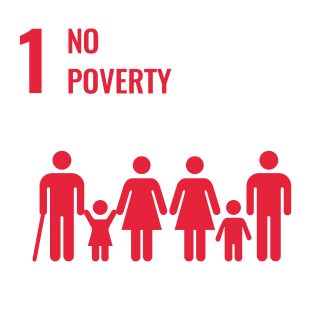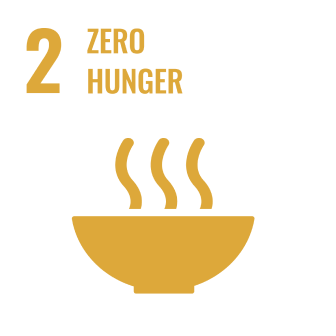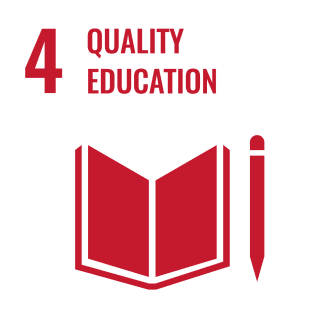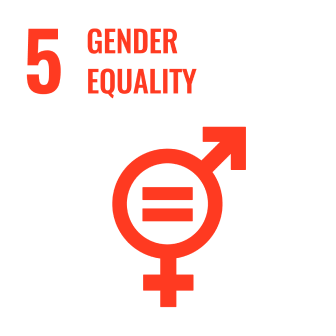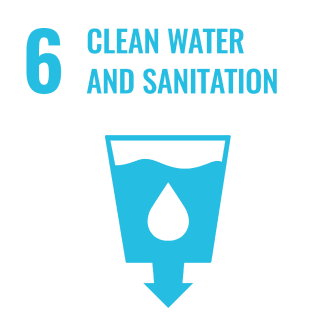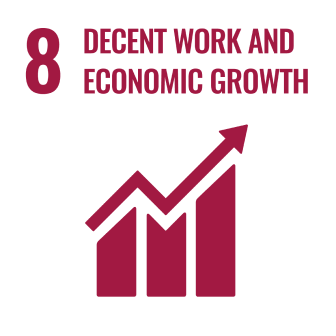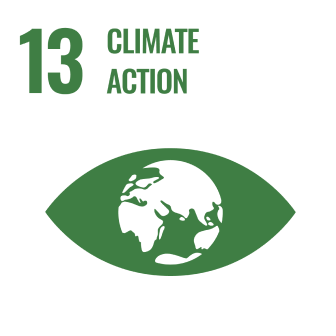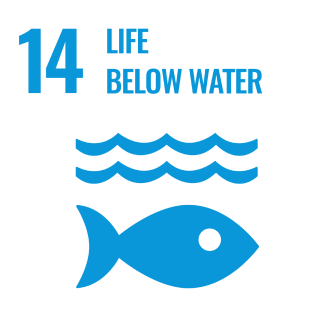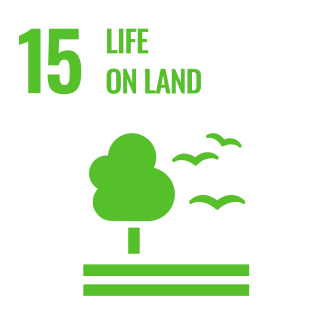Papariko - Kenya Blue Carbon
The Papariko project restores degraded mangrove areas and improves lives of vulnerable communities in Kwale, Kilifi and Tana River Counties in Kenya.
Vlinder’s flagship project, Papariko, is a mangrove restoration initiative reforesting 1,500 hectares of degraded areas in Kenya. By combining scientific rigor, innovative finance, and community-driven approaches, Papariko ensures a scalable, nature-positive business model with long-term viability and impact.
Co-designed and co-managed with local stakeholders, the project established a framework that ensures long-term ecological and social benefits while empowering women and youth.
Papariko is Kenya’s first registered blue carbon initiative on Verra and the world’s first to meet Verra’s VCS, CCB, and SD VISta standards.
Project type
Blue Carbon
Area
1,500 hectares
Emission removal capacity
1,136,194 t
UN Sustainable Development Goals addressed
Challenges
Today Kenya faces high rates of deforestation which endanger its fauna and flora as well as people's well-being. During the last 60 years, the forest cover in the country has dropped by 40%, losing about 12,000 hectares annually. Poverty is the main driver for deforestation, as people have to rely on charcoal for cooking and have to clear forests for agriculture. The lack of knowledge about the impact of deforestation is also a big driver.
Solution
The project aims to restore 1500 hectares of severely degraded mangroves in Kwale, Kilifi and Tana River Counties during 2022-2027. The potential for further replanting and forest protection is over 15,000 hectares. To realize this restoration potential, Vlinder is partnering with the Kenya Forest Service, a state corporation established to conserve, develop and sustainably manage forest resources, and Umita, an impact project management company specializing in project management, capacity building, financial services, and research.
Papariko is a community-focused initiative that ensures sustainable livelihoods for local populations. Local stakeholders have been involved from the start, contributing to project design and implementation. Training and awareness-raising sessions cover climate change, mangrove restoration and forest management, carbon sequestration, and sustainable livelihood practices. The project also facilitates alternative income-generating opportunities, such as agroforestry, beekeeping, and ecotourism, reducing pressure on mangrove forests.
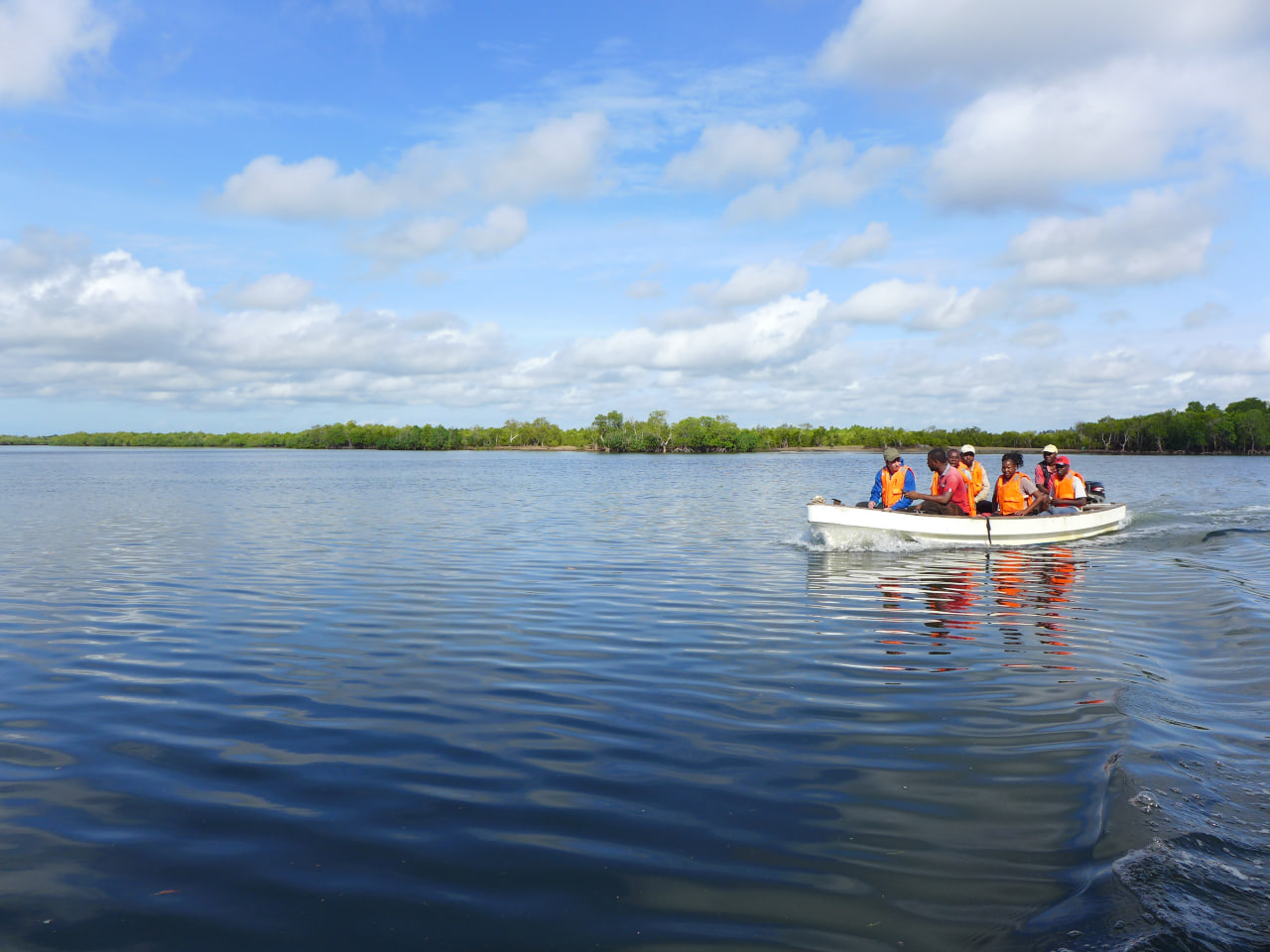
The project restores degraded areas with native mangrove species, supporting climate resilience and biodiversity protection. Papariko contributes to the conservation of species listed on the IUCN Red List and enhances marine and terrestrial habitats. Restored mangroves support fisheries and coastal protection.
Papariko combines indigenous knowledge with the latest science and integrates cutting-edge technologies such as drone-based degradation assessment, non-invasive eDNA biodiversity monitoring, and digital MRV for enhanced tracking of ecosystem health. The project brings together experts and researchers across biodiversity conservation, ecosystem restoration, carbon sequestration, carbon finance, social sciences and technology.
Environmental benefits
Mangrove forests are biodiverse habitats of great ecological significance
- Mangrove ecosystems serve as nurseries for fish, marine life and coral reefs, birds and animals
- Mangrove roots act as a filtration system and capture silt preventing siltation in seagrass meadows and on coral reefs
Community benefits
- New jobs for local communities
- Value-added sustainable livelihoods and diversified income streams
- Community education and upskilling
- Support for women — they make up over 70% of the project’s local staff
- Improving food security and food diversity
- Protecting people in the project area from extreme weather events
Partner
"We at Umita have over 20 years of experience in community engagement and social development. The aspirations of the communities take centre-stage in our interventions. Having the full support of the Kenya Forest Service is very important to the success of our project and its long-term sustainability. We are happy to partner with Vlinder as they understand the value of our community-first approach."
Isabella Masinde CEO at Umita

Progress
Documents
Project documentation | |
Violations Reporting and Grievance Mechanism |
Vlinder Kenya Tokens
Token Name | Token Symbol | Vintage | Settlement period | Supply | Address | Specification | Market |
Vlinder Kenya Blue Carbon 2024 | FCO2-VCS-3660-2024 | 2024 | 01.01.2025-31.12.2025 | 500 | 0x391aEE4F8639DB63378EE71A35Dd44453Fda463f | Doc | |
Vlinder Kenya Blue Carbon 2025 | FCO2-VCS-3660-2025 | 2025 | 01.01.2026-31.12.2026 | 1100 | 0xa2D535Eab1613923e23dFA644813bd0c2bFa602D | Doc | Buy |
